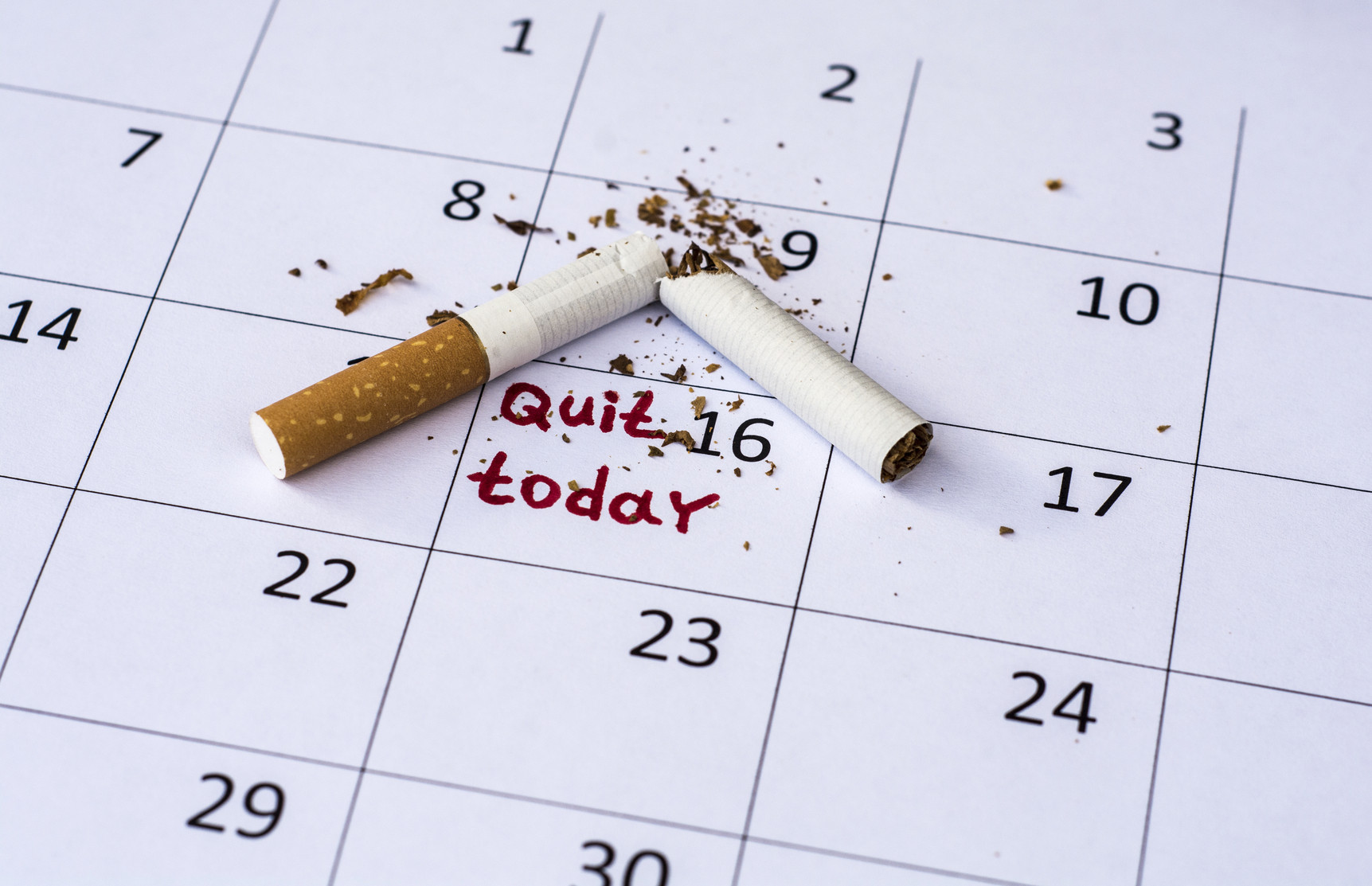
Tips to leverage neuroplasticity to maintain cognitive fitness as you age

Can white noise really help you sleep better?

Celiac disease: Exploring four myths

What is prostatitis and how is it treated?

What is Cushing syndrome?

Exercises to relieve joint pain

Think your child has ADHD? What your pediatrician can do

Foam roller: Could you benefit from this massage tool?

Stepping up activity if winter slowed you down

Common causes of cloudy urine
Smoking, Vaping, & Quitting Archive
Articles
Teens who use flavored e-cigarettes more likely to start smoking
E-cigarette smoking among teens is on the rise, and teens are more likely to transition from smoking e-cigarettes to smoking traditional cigarettes. E-cigarettes are marketed towards young people, emphasizing the need for dialogue between teens and the adults in their lives on the health risks surrounding this trend.
E-cigarettes: Good news, bad news
While e-cigarettes do not produce the tar or toxic gases found in cigarette smoke, this doesn’t make them a healthy option. The e-liquid found in e-cigarettes still contains highly addictive nicotine that also increases your risk of insulin resistance and type 2 diabetes. Nicotine also increases the risk of addiction to other drugs and may impair brain development. Rather than rely on the perceived benefits of e-cigarettes, people should avoid smoking altogether.
Quitting smoking during the second half of the menstrual cycle may help women kick the habit
Studies have shown that not only do women have a harder time quitting than men, but they also experience more severe health consequences from smoking. However, new research suggests that it may be easier for women to quit smoking during the second half of their menstrual cycle. During this time, the hormone progesterone is higher, and this appears to aid in quitting and avoiding relapse.
What’s the best way to quit smoking?
Quitting smoking can add years to your life. The earlier the better, but the benefits of quitting are real and significant, even if you’re 80. There are several ways to quit and it often takes multiple attempts to become and ex-smoker for good. Research suggests that for some people, quitting “cold turkey” may be the most effective approach.
Lung disease in smokers who don’t have COPD
You probably know that smoking has enormous consequences for your health. One of the most common is chronic obstructive pulmonary disease (COPD), a disorder involving damage to the lungs. If you smoke, but you don’t have COPD, you may be tempted to think your lungs are relatively unharmed — but a recent study suggests that some smokers without COPD might still suffer lung damage.
We should be ashamed if we don’t pass Tobacco 21 laws
Ninety percent of smokers had their first cigarette before turning 18. A movement to raise the legal age to buy tobacco in the United States to 21 hopes that making it more difficult for young people to start smoking may lead to a healthier population overall.
Low-nicotine cigarettes may help determined smokers cut back
A study examining the effects of low-nicotine cigarettes on smoking behavior yielded surprising results. The study volunteers who smoked the low-nicotine cigarettes actually smoked less and had fewer cigarette cravings than those who smoked cigarettes with a higher level of nicotine. Although more research is needed before we can draw any conclusions, it’s possible that very-low-nicotine cigarettes might be a way to mitigate the health dangers of smoking for people determined not to quit.
Quitting smoking doesn’t have to mean big weight gain
Weight gain might be one of the most dreaded “side effects” of quitting smoking. Constant reminders of the health dangers of being overweight lead some smokers to think that smoking is “safer” than the weight they might gain if they quit. But that’s just not the case. It’s true that people tend to gain 5-10 pounds in the first six months after they stop smoking. But a recent study suggested that for those who quit, weight gain slows down over the following 10 years after quitting. Over that same time period, people who continued to smoke also gained some weight, though not as much. Over all, kicking the habit doesn’t have to mean a larger waistline, especially if you plan ahead.

Tips to leverage neuroplasticity to maintain cognitive fitness as you age

Can white noise really help you sleep better?

Celiac disease: Exploring four myths

What is prostatitis and how is it treated?

What is Cushing syndrome?

Exercises to relieve joint pain

Think your child has ADHD? What your pediatrician can do

Foam roller: Could you benefit from this massage tool?

Stepping up activity if winter slowed you down

Common causes of cloudy urine
Free Healthbeat Signup
Get the latest in health news delivered to your inbox!
Sign Up









